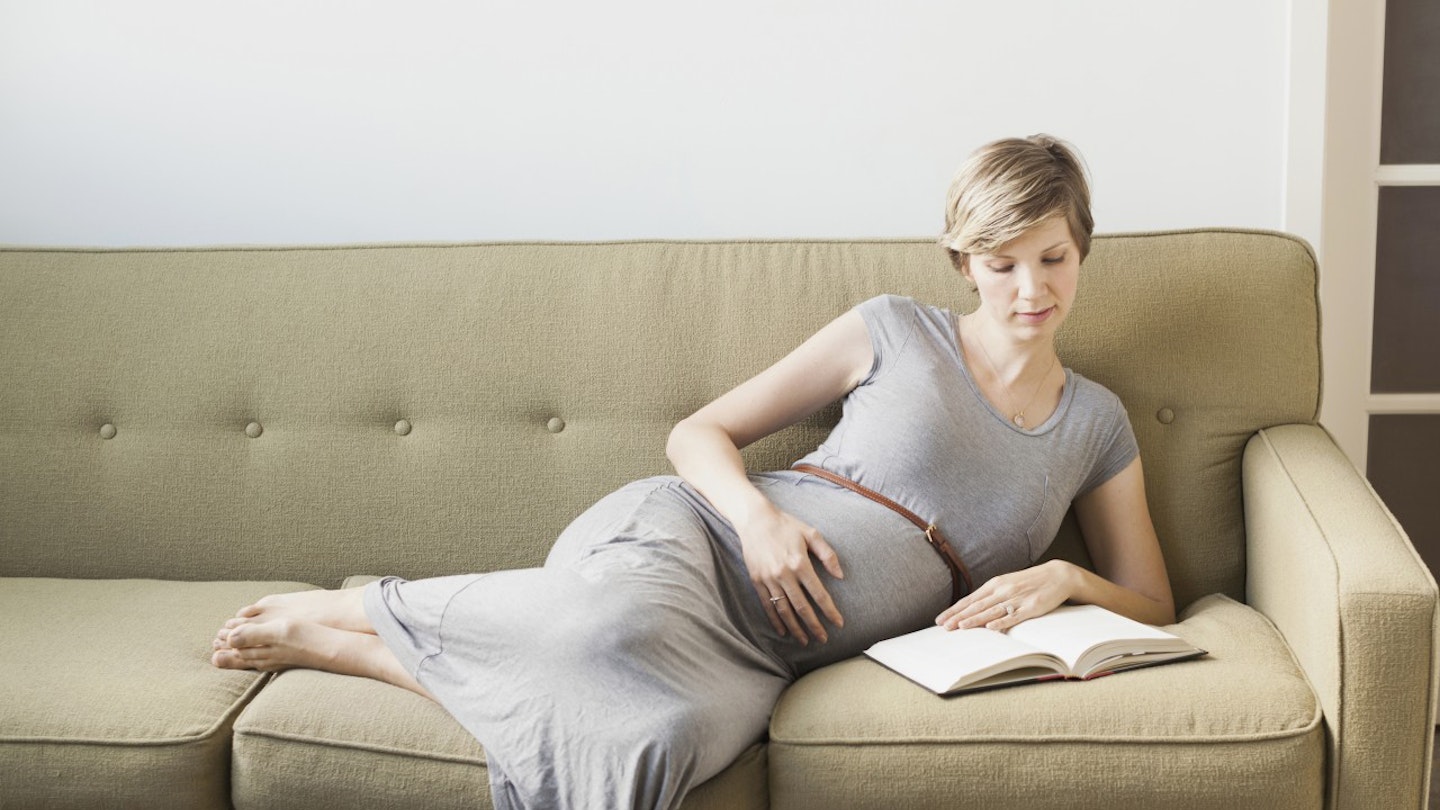You’ve probably heard of anaemia – it’s a deficiency that lots of people develop and is particularly common when you’re pregnant
Feeling shattered and looking a bit peaky?
Of course you are – you’re pregnant and probably completely exhausted from carrying around your growing baby 24/7. But you may also be anaemic, which is quite normal for mums-to-be thanks to the little person inside you sharing all your bodily resources.
It’s usually nothing to worry about and a change to your diet should do the trick – step away from the ice cream tub and cook yourself a nice, iron-rich dish instead.
What is anaemia?
Anaemia is a deficiency that develops over time.
It’s caused by a lack of red blood cells, which carry oxygen around your body. It means that your body tissue is receiving less oxygen than it should so it can’t function properly.
Why does it occur during pregnancy?
Your anaemia has more than likely developed because of all the changes happening to your body. Your body will need more of everything to take care of your baby, particularly red blood cells.
‘It’s normal to get an increase in both red cells and plasma volume (blood fluid which carries the cells),’ says Dianne Ridout, midwife expert. ‘The plasma increases more than the cells causing “haemodilution” hence anaemia.’
What are the symptoms?
Anaemia is usually associated with being tired and pale. Other symptoms include dizzy spells and feeling breathless and palpitations may occur if your anaemia is more severe.
If this is the case, see your GP for advice and treatment.
Does it harm the baby?
Try not to stress – your body is designed to cope with these changes and anaemia would only ever cause baby harm if went untreated or ignored.
‘This is highly unlikely as we have antenatal care with midwives and doctors in the UK who monitor both you and your baby’s wellbeing and growth throughout pregnancy,’ Dianne says.
How is it treated?
Luckily, anaemia is easy to treat with a few simple diet adjustments. Rustle up meals that include high levels of iron and folic acid, found in red meat, lentils, leafy green veggies and beans. Put down that chocolate bar you’re snacking on and have an orange or some cashew nuts.
If you’re a vegetarian, vegan or diabetic, your midwife can give you advice regarding specific foods relevant to your usual diet.
‘Supplements of iron and folic acid maybe prescribed by your midwife or doctor to boost you levels,’ explains Dianne. ‘In some women this can make you constipated so a well-balanced diet is always the best option.’
